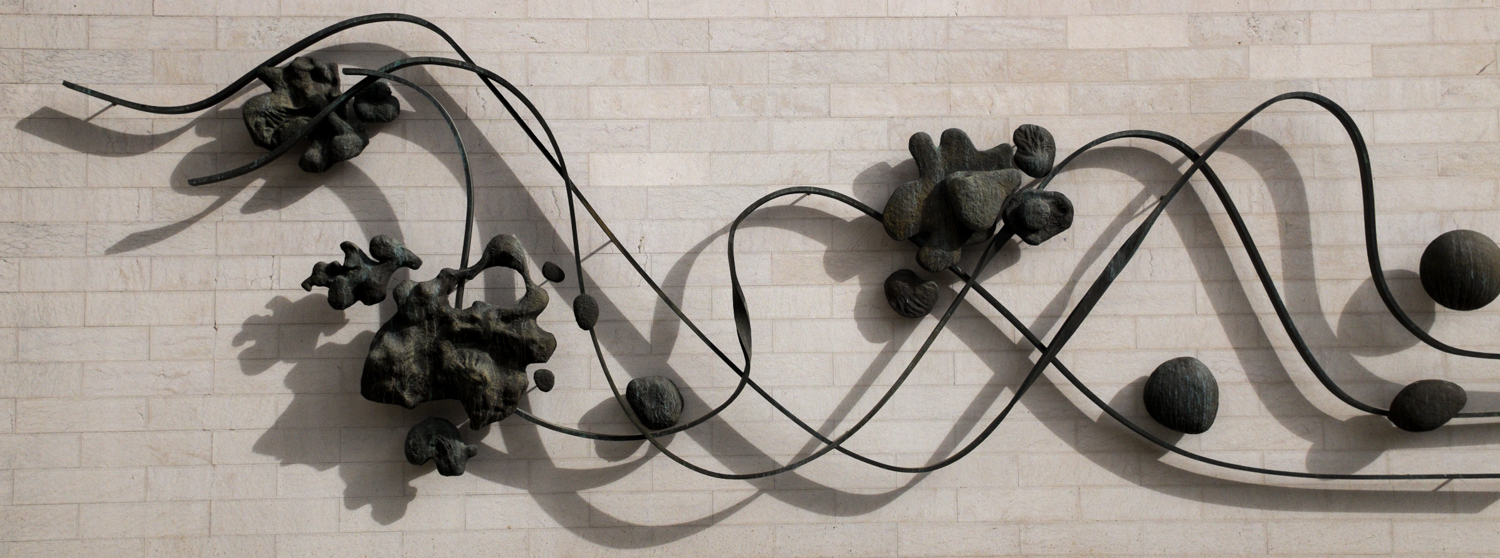
Presentation and Mission

Centro de Química Estrutural (CQE) is a Research Unit of the University of Lisbon (ULisboa) with sites at Instituto Superior Técnico (IST) and Faculdade de Ciências (FCUL). It is the largest Research Unit of Chemistry of UL, covering a broad and interdisciplinary group of areas within the scope of Chemistry.
CQE general mission concerns the strengthening of the contribution of Chemistry to the welfare of Society through high-level Research, Development, Innovation, Transfer of Knowledge, Advanced Training and Teaching activities, building-up scientific and technological skills in both fundamental and oriented/applied research in science and engineering.
Its strategic orientation is being aligned with that of the ULisboa. By congregating members of different Schools of this University, it directs the contribution of chemistry research towards the promotion of the cohesion at the ULisboa and a better utilization of human and material resources. This open strategy for aggregation within the ULisboa reflects the overall approach involved in the fusion (2013) of the University of Lisbon with the Technical University of Lisbon which led to the creation of the new ULisboa, and in the recent foundation of the College of Chemistry (Colégio de Química) of this University to which CQE members have contributed to a great extent.
Since its creation, ca. 45 years ago, CQE has been a seminal and influential institution with strong connections with Portuguese Universities (e.g., ULisboa, Universidade Nova de Lisboa), Polytechnics, Academy of Sciences of Lisbon, other UIs (e.g., ITQB), laboratories (e.g. Laboratório de Análises of the IST) and industry, with prominent members who originated from CQE.
CQE is a multi- and interdisciplinary Unit, promoting also the transdisciplinarity with related sciences, such as materials sciences, biology and medicinal sciences.
The CQE multifunctional capacities provide the ability to tackle a problem along a general streamline initiated with the design and synthesis (of compounds and materials) for achieving specific properties (e.g., as catalysts, functional materials, drugs, engineering fluids) towards desirable applications.
With the recent reorganization for the period of 2018-2022, furthering the vision and main approaches defined in the Strategic Program for the preceding FCT evaluation call (concerning 2015-2020), CQE has undergone a marked expansion resulting from the increase of the number of Members originated from other institutions (mainly the FCUL) and research units of the ULisboa.
It currently gathers ca. 180 Integrated Doctoral Members within a total of ca. 390 registered Members (including the Collaborators and exhibiting a good gender balance with ca. 54% women) and is organized in 11 research groups which address their research to systems that can have an impact on societal needs, within the following interconnected and flexible 4 thematic lines:
- Synthesis, Catalysis and Reactivity;
- Materials, Soft Matter and NanoChemistry;
- Sustainable Chemistry for the Environment, Energy and Manufacturing;
- Medicinal and Biological Chemistry for Health.
Hence, the Unit research reflects a wide thematic diversity where the research Groups are encouraged to collaborate in joint crossing-themes involving more than a single Thematic Line, in a flexible way, implementing the critical mass and cross-fertilization.
Examples of strategic fields in which CQE foresees to continue (or to establish) as an international reference along the forthcoming years include the following ones:
- Alkanes and Other Hydrocarbons: sustainable functionalization, catalytic conversion and utilization;
- Carbon Dioxide as Raw Material: catalytic production of fuels and chemicals;
- Non-Covalent Interactions: applications in synthesis, materials, pharmacological and bio-inspired supramolecular systems;
- Target-oriented drugs: design and development;
- Molecular toxicology: endogenous and xenobiotic agents;
- Materials for energy applications: storage, conversion and solid-state illumination;
- Nano Science and Technology: graphene, plasmonics, surface functionalization, sol-gel materials and processing;
- Nano and Engineering Fluids: supercritical phenomena, phase equilibria, interfaces and permeation, thermophysical and structural properties, heat transfer processes;
- Ionic Liquids and Molten Salts: structure, thermophysical properties, high temperature chemistry and applications to energy and material production.
The continuing role of CQE in providing state-of-the-art advanced training and qualification of young researchers and post-graduate students is regarded as an essential goal, in an environment where innovation and entrepreneurship are increasingly important objectives.
A high quota of the CQE budget has been oriented to advanced training grants at the various levels of initiation (undergraduate), bachelor, master and post-doctoral. Post-docs are also encouraged to collaborate on teaching activities. CQE is deeply engaged in promoting recruitment of researchers, namely (but not only) on the basis of the scientific recruitment Law 57/2017 for contracting Post-Doc Researchers.
Of particular significance is also the expected allocation of funding for PhD grants within the current FCT PhD programs coordinated by CQE (Catalysis and Sustainability) or in which it collaborates (Medicinal Chemistry, Materials Chemistry, NMR Applied to Chemistry, Materials and Biosciences), namely within IST and FCUL Doctoral Programs.
The Unit has been attracting a high number of national and foreign Post-Doctoral research fellows, having a strong international character with a rich scientific critical mass.
CQE holds important infrastructure facilities, hosts relevant projects and is open to the Research Community, University and Industry, by setting up inter-institutional, national and international collaborations both in fundamental and applied research.
The above strategies and practices vitalize the research in CQE, with a continued promising prospect towards its mission.
José Nuno Canongia Lopes
Unit Coordinator
CQE @ 2014
